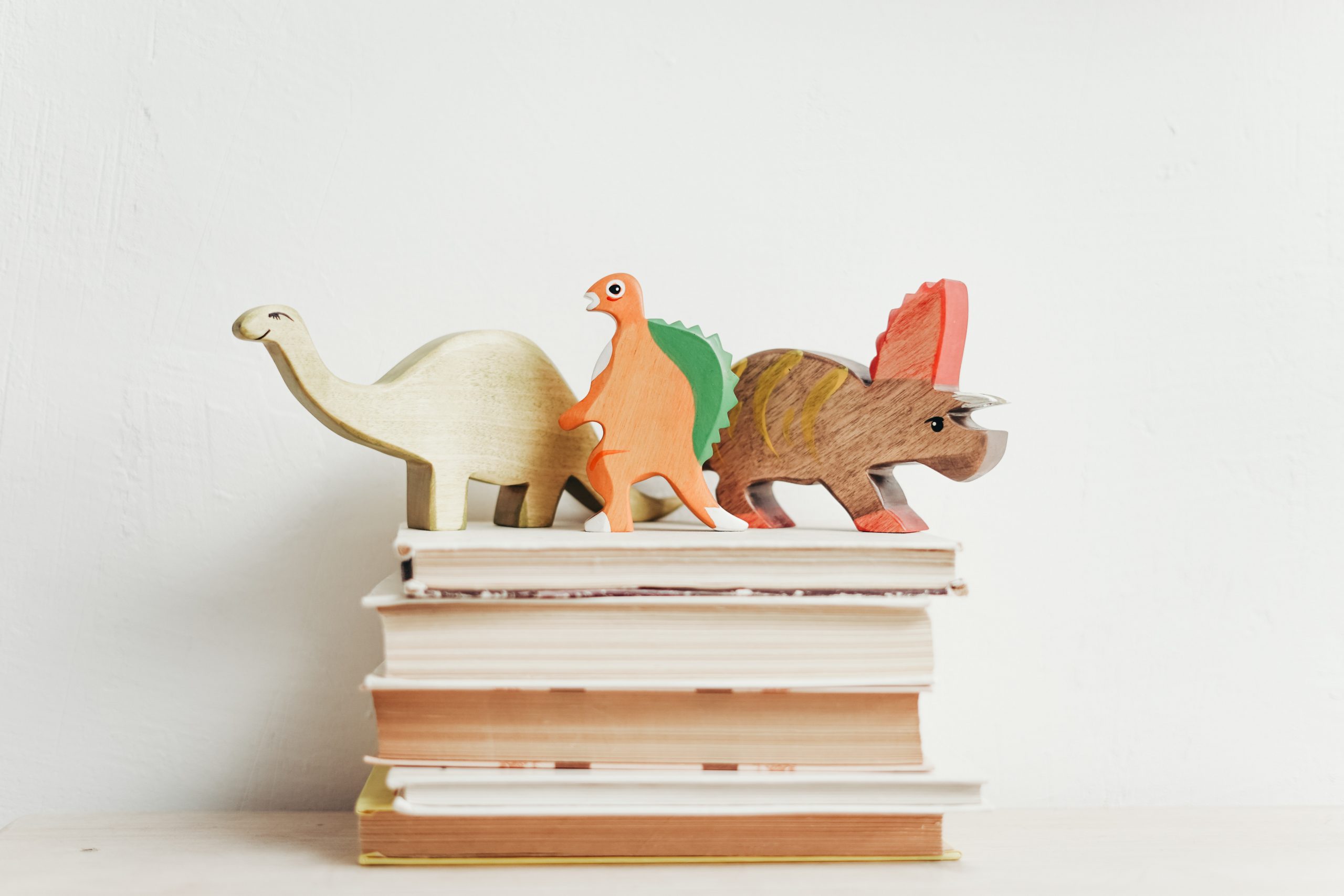
The Decameron and the power of stories
Though telling stories might seem an escape from our Covid confinement reality, Jaqueline Silverio believes that doing so will help us face up better to its challenges.
It’s 1348, Florence is in crisis, stricken by the plague of Black Death which has been spreading over Italy since 1346. A group of seven young women and three young men flee the devastated city to find refuge in the countryside. This is the beginning of the Decameron, written by Boccaccio between 1349 and 1353.
The author has these young people spend a fortnight, safe in a rich villa, occupying their time with music, dancing, walking and telling each other stories. The storytelling itself takes 10 days and will mostly insist on the human ability to overcome and exploit life’s circumstances.
To read this book in the current emergency is to be reminded of the role of storytelling and the power of stories. When you are forced to self-isolate, to live in confinement, possibly away from your family and friends, what can you do? You can revisit reality by telling or reading stories.
Boccaccio, Italian poet and Renaissance humanist, was born in 1313 and died in 1375. While his work has influenced Italian and world literature in a variety of manners, he is best known for being one of those authors who raised vernacular literature to the dignity of the ancient classics of Greece and Rome.
The stories contained in the Decameron range from love stories to comical ones, exploring a variety of topics. Each of the young people present will tell a different story and will have authority over the others on how to spend their day. But beyond the specific text and stories, what strikes my attention here is the power of storytelling and how the stories we tell and the stories we hear can shape our days, our imagination and our relationship with others. In so many ways, the stories we tell help form our own life story.

We are all following the press right now, following the story of how a deadly virus is completely changing our society. What we read in the newspapers (if we get out to buy them) are stories – real ones, but stories, nonetheless. In the future, when all of this is over, we will be telling the story of these times, and how we tell it will shape how we feel about it, and how we will re-live it.
Stories have the power to shape our imagination, our emotions, the way we live, the way we communicate. By choosing to describe the society of his time through storytelling, Boccaccio shows us that stories have a power beyond that of entertainment.
To explain this, C.S Lewis talks about the value of myth, but the main idea can be applied to stories in general:
“The value of the myth is that it takes all the things we know and restores to them the rich significance which has been hidden by ‘the veil of familiarity.’ The child enjoys his cold meat, otherwise dull to him, by pretending it is buffalo, just killed with his own bow and arrow. And the child is wise. The real meat comes back to him more savoury for having been dipped in a story… By putting bread, gold, horse, apple, or the very roads into a myth, we do not retreat from reality: we rediscover it.” (On Stories and Other Essays on Literature)
By telling, hearing or reading stories, we do just that – rediscover our reality, not escape from it – although they can also help us to survive this time of quarantine by telling us of other times. Stories will help us to better understand what we are living, put a name on things in a way that is graspable. The world may be too confusing and uncertain right now, but through stories we might be able to shed some light on it.

One of the beautiful things about storytelling is that it is also a perfect tool for expressing our thoughts, emotions, feelings, and dreams. They can be written; they can be spoken. They do not necessarily need you to be physically present in front of others. They can easily be transmitted through Skype, through an audio, a paper or electronic book or through the voice that reads them.
Storytelling in this way is different from watching a film or a series, because both parties, the speaker and the listener, are engaging their imagination to create something. The speaker by telling and creating the story, uses his voice to shape the tone and the emotions. The listener shapes it through images in their mind. Telling a story or reading a story gives us the freedom to illustrate it in our minds how we want – which is not possible in a film, or at least not in the same way.
Those who are alone during this time can, through stories – and this is possibly the strongest power of storytelling – discover that they are not alone. Through stories you are joining the company of countless people who have read or listened to the same
Sharing stories can also nourish friendship, as with the imaginary young people of the Decameron, and can certainly strengthen and unite family life. By telling stories to children, the family comes together, and here too elderly family members can contribute and be made to feel valuable. They might have plenty of stories to tell, either fictional ones or from their own lives. Long hours pass more quickly and everyone feels more actively engaged than when they passively watch a film or series together.
Stories are easily told through the phone, Skype, Zoom or whatever means you use for communication. There are also forums where you can discuss stories with other people.

And they don’t all have to be about Covid19, quarantine or pandemics. For Boccaccio and his characters, it was not only about the Black Death.
What I take from the Decameron is the possibility of using a time of quarantine to be creative. Instead of focusing too much on the news, find other stories to tell or to read. Not because we want to escape from reality, in a cowardly way, or refuse to confront it, but because reality is more than death polls and the rising number of infections. There are other realities to explore, to revisit.
In those fields above Florence there were seven young women and three young men, each one of them telling a story for 10 days. It resulted in a hundred different stories. A hundred different realities to explore, and there are many more stories beyond the Decameron. It’s time to choose which to read or to tell, time to choose which new reality you wish to discover.
Like what you’ve read? Consider supporting the work of Adamah by making a donation and help us keep exploring life’s big (and not so big) issues!

